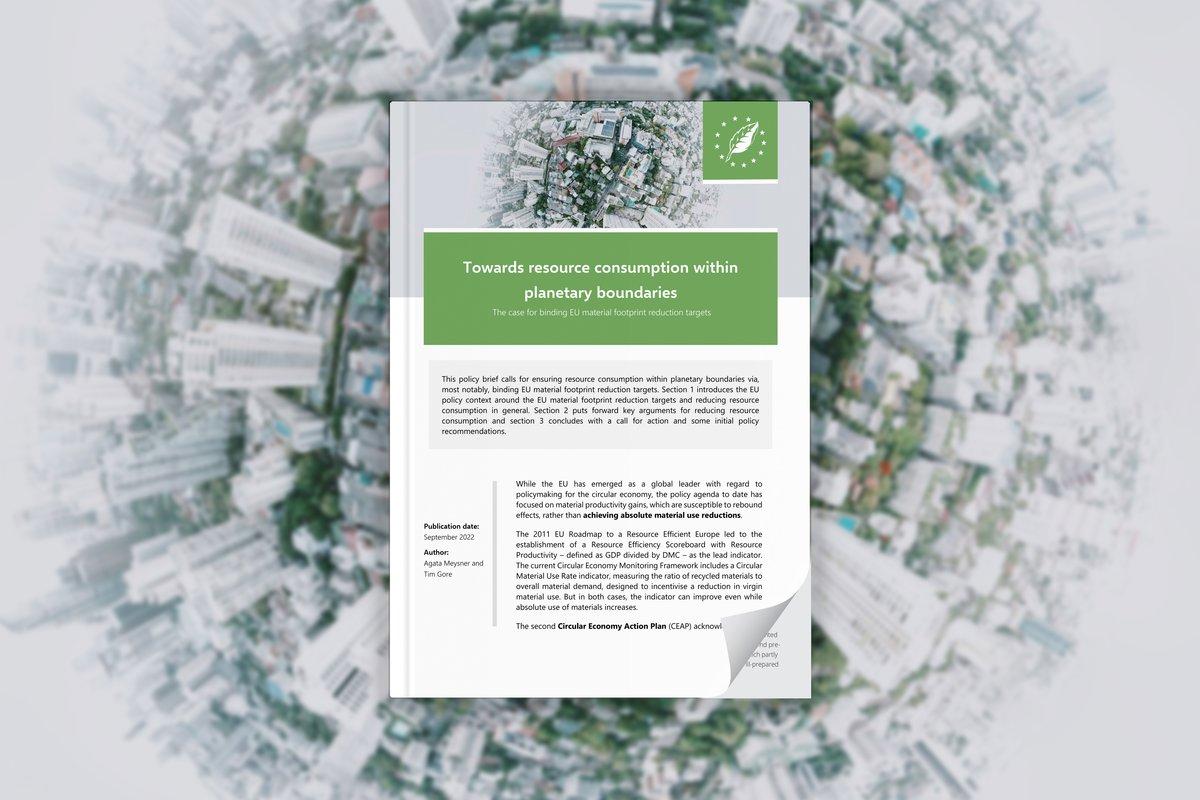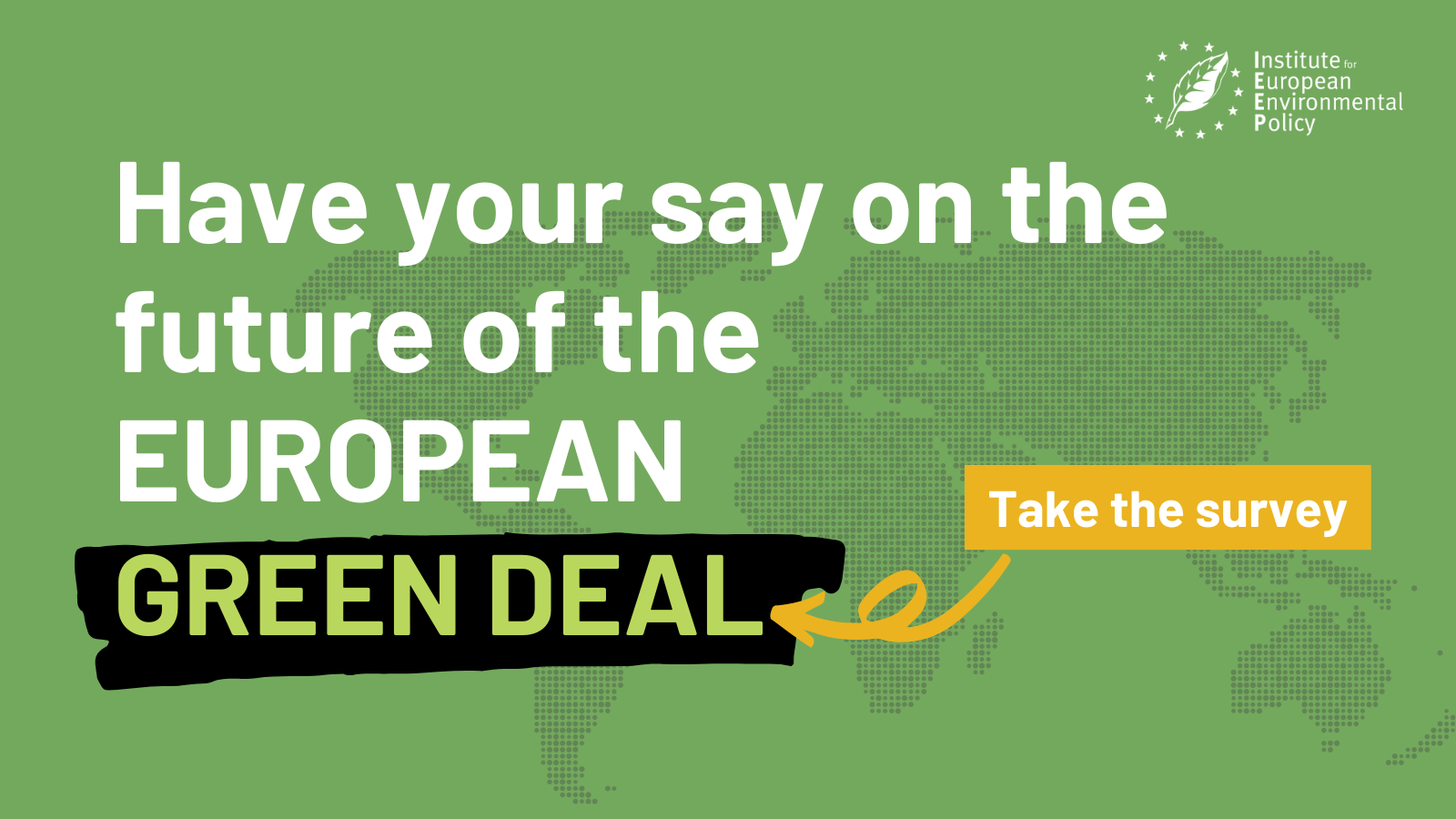While the EU has emerged as a global leader with regard to policymaking for the circular economy, the policy agenda to date has not focused on absolute reduction of resource consumption. Despite the calls of the European Parliament and of an increasing number of Member States for greater efforts to reduce material consumption, the current EU agenda is missing material consumption reduction targets.
At the EU level, discussions on reducing consumption have been centred around energy in the wake of the war in Ukraine and the energy crisis. Although a step in the right direction, these initiatives have concentrated on energy consumption reduction, leaving absolute reduction of resource consumption out of the agenda.
Reducing resource consumption has a potential to significantly contribute to advancing the wider EU environmental and social agenda. In this paper, we illustrate five main reasons why binding EU material footprint reduction targets should be a flagship proposal in the next European Commission’s work programme:
- Reducing material consumption is vital to achieving the EU’s objectives of “living well within planetary boundaries”.
- Reducing material consumption can help the EU to reduce its energy demand and achieve its decarbonisation and biodiversity objectives.
- Reducing material consumption is critical to achieving EU strategic autonomy.
- Reducing material consumption will support EU efforts to ensure respect for human rights in EU value chains.
- Reducing material consumption is likely to support the wellbeing of EU citizens.
Read the paper.
Photo by Joshue Rawson-Harris on Unsplash



